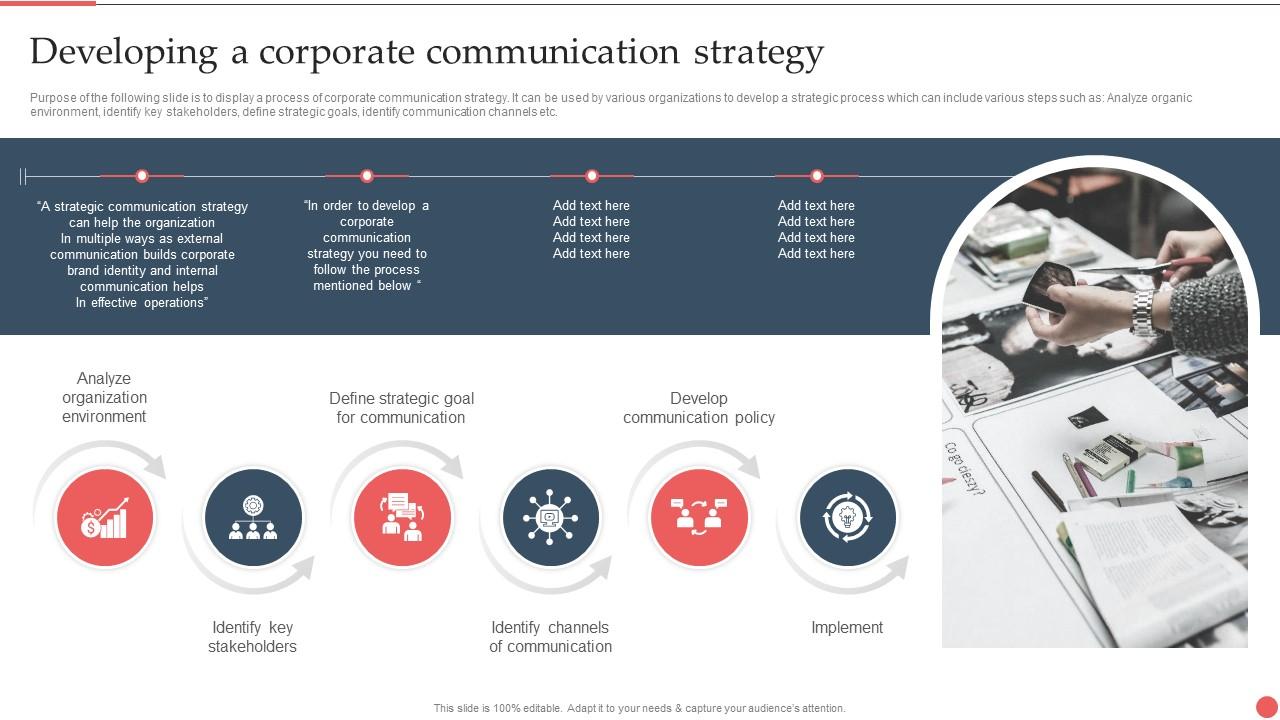 A Comprehensive Guide on Benchmarking PPC Competitors
A Comprehensive Guide on Benchmarking PPC Competitors
When it comes to launching a successful PPC campaign, it’s essential to benchmark your competitors. This crucial step will not only help you identify strategic best practices but also set your account apart, leading to improved performance. In this comprehensive guide, we will explore how to benchmark PPC competitors using accurate and reliable data sources.
The first step in benchmarking your PPC competitors is to identify who they are. While in-house marketers may be familiar with direct competitors and distributors, online competitors can vary. It’s important to remember that online competitors may not be the same as real-life competitors. There are three types of competitors you should consider:
1. Direct competitors: These are companies that offer nearly identical products or services. They are your most obvious competitors.
2. Indirect competitors: Although they do not offer the same products or services, they target the same audience. For example, think of a sleeping app and mattresses. Depending on the audience, indirect competitors can either be harmful or a mild nuisance.
3. Distributors, affiliates, and comparison sites: These entities promote both your products and your competitors’. They are half competitors and half partners, so it’s important not to ignore them.
To identify indirect competitors, it is recommended to use the Google Ads Auction Insights report. This report is reliable and free, as long as you are running a Search/Shopping campaign. By selecting a keyword and noting competitors with high Impression Shares, you can identify both direct and indirect competitors. It is important to analyze the results and determine if it makes sense to advertise on certain keywords based on the pressure from distributors or the potential for untapped audiences.
In addition to analyzing PPC competitors, it’s also valuable to examine their organic results. By scanning Google’s top organic results for the same keyword, you can gain insights into your competitors’ reach and themes that may not be getting much traffic.
Once you have identified your competitors, it’s time to analyze their PPC ads. While there are many PPC spying tools available, it is recommended to use reliable data sources such as the ad networks’ ads libraries. These libraries provide accurate information about your competitors’ ad reach and budgets. By analyzing the channels, audiences, ad formats, and ad copy of your competitors, you can gain valuable insights and steal their best ideas.
Next, it’s important to analyze your competitors’ customer journeys. This involves examining their landing pages and analyzing the types of landing pages they use, such as home, collection, or product pages. By categorizing competitor landing pages and evaluating elements such as pop-ups, format, and load time, you can gain insights into their landing page experience.
Furthermore, analyzing your competitors’ funnel and landing page content can provide additional insights. By examining callouts, cross-sell/upsell strategies, and overall content, you can identify recurring themes and leverage them in your own campaigns.
To go the extra mile in your competitor analysis, consider signing up for your competitors’ newsletters and email/loyalty programs to identify recurring themes. Additionally, visit their social media accounts to note their content themes and engagement levels. Analyzing backlinks and organic results using tools like Ahrefs or Semrush can also provide valuable insights.
When benchmarking your PPC competitors, it’s important to remember that their budgets and industry benchmarks should not be the sole focus. While estimating competitor budgets can provide some insight, it’s more important to focus on macro observable trends and best practices. Comparing metrics such as CPCs and conversion rates without considering the context may lead to misguided decisions.
In conclusion, benchmarking PPC competitors is a vital step in launching a successful PPC campaign. By identifying your competitors, analyzing their PPC ads and customer journeys, and examining additional factors such as landing page content and industry trends, you can gain valuable insights that will help you outsmart your competitors and save budget.
